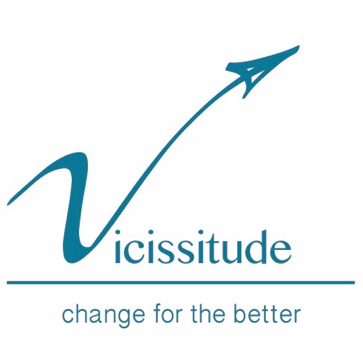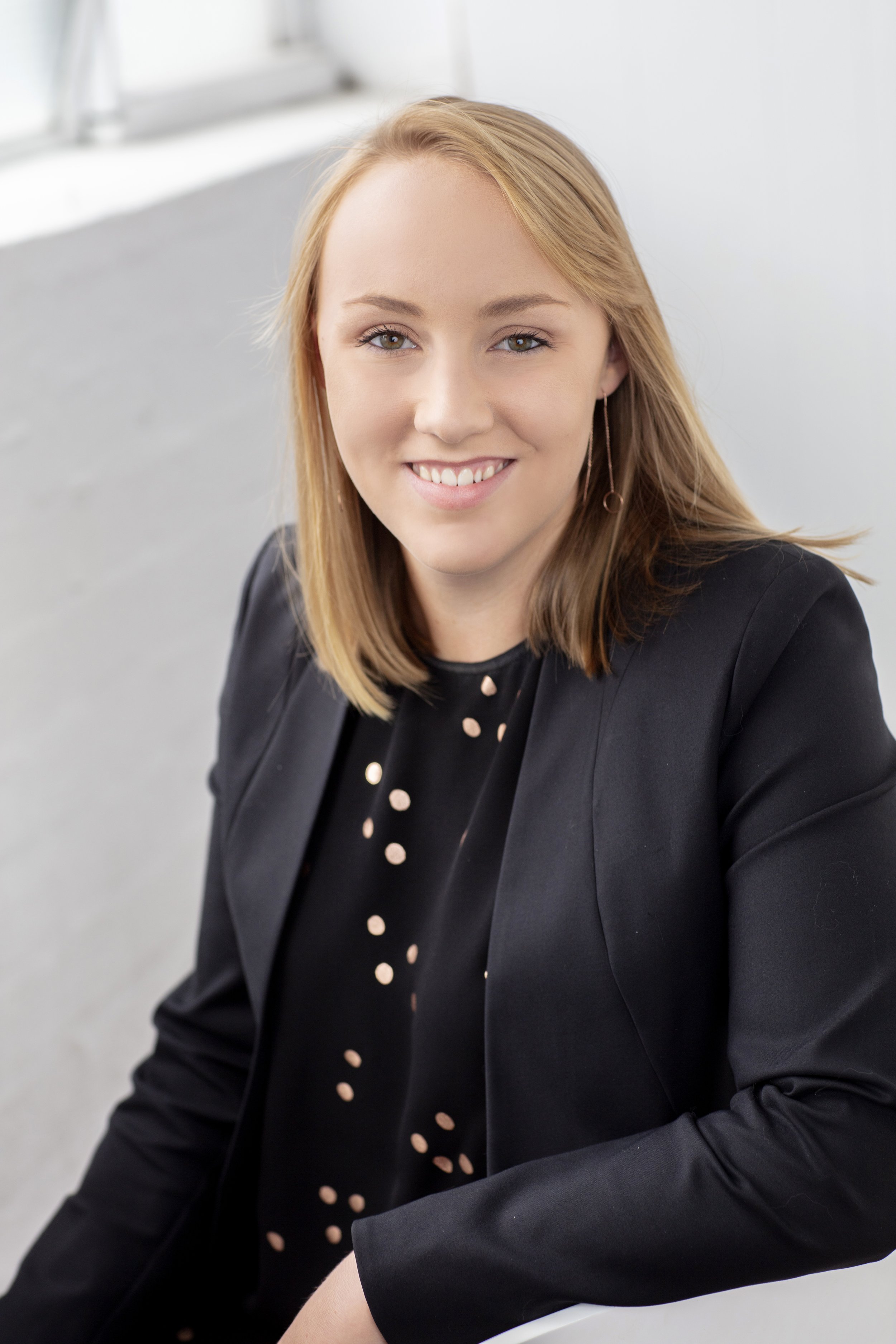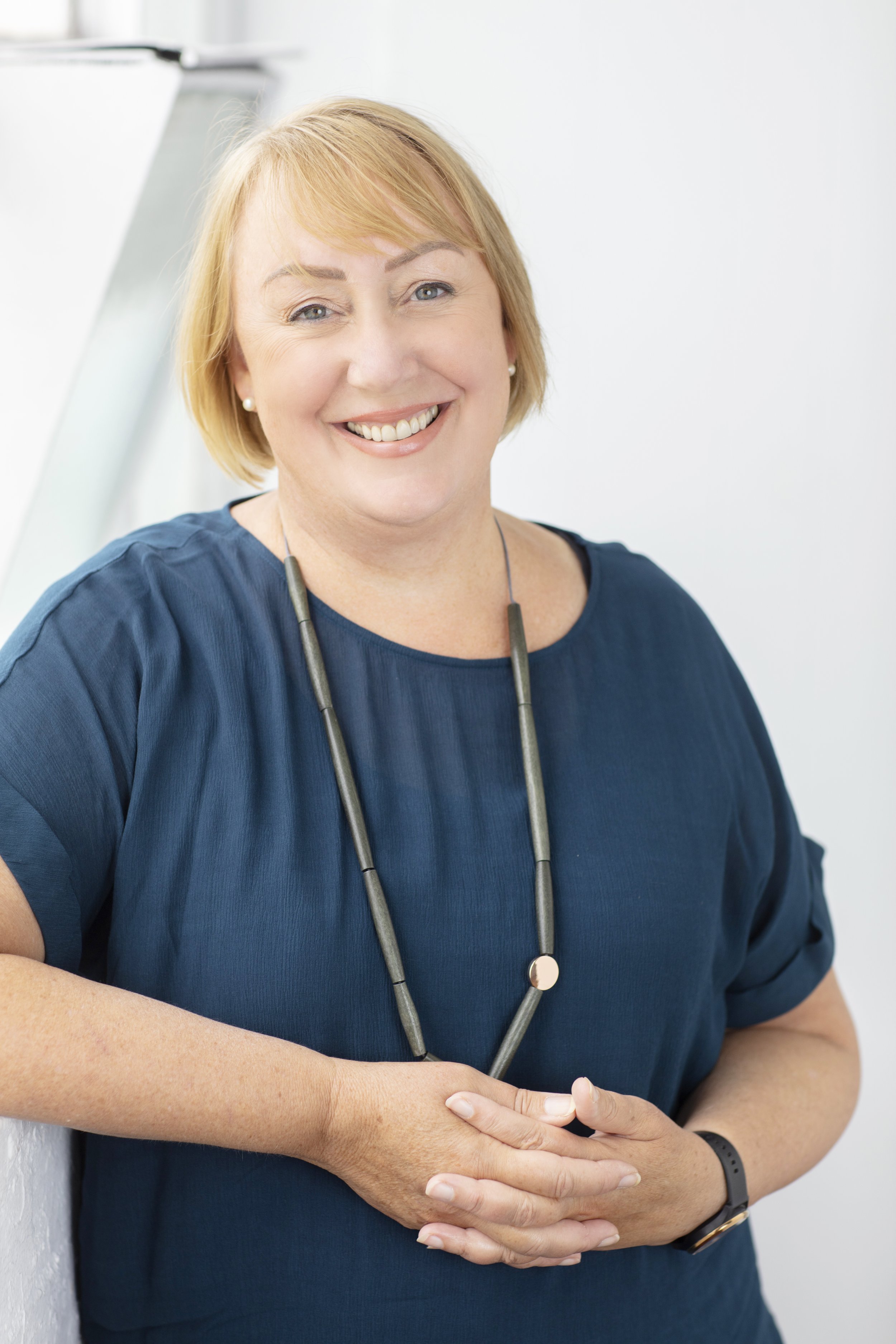Work-Life Integration & COVID
“Never let a good crisis go to waste”. We think Winston Churchill may have been onto something when he coined this phrase! This week we explore how this crisis could bring us closer to living in an integrated and whole-person way – if we just let it.
The changes to our way of life as a result of COVID-19 have been vast, but one of the major changes has been to challenge people’s conceptualisation and experience of work and of life…And we’re suggesting that may be a good thing!
Last week we explored the opportunity entailed in reviewing your engagement with your job and reflected that this disruption would be a great time to review and pivot if needed. This week we challenge the way many of us have tried to separate work and life and argue for a new way of working and living to stay with us. After all, many claim 6 weeks is enough time to change a habit, can yours change for the better?
The concept of work-life balance has been around for many years and has been the subject of criticism because it brings to mind the image of the perfectly poised see-saw with work and life exactly balanced on either side. It also implies that it is possible and desirable to separate them. We don’t know about you, but we’ve never really achieved a ‘balance’, so we gave up trying long ago and instead opted for trying to achieve work-life integration. In other words, trying to integrate work and life and eek out enough time for accomplishment in both domains. The way we have done this was by bringing them closer together or interweaving them, not by trying to keep them separate. Even more importantly we have long been advocating that we should be bringing our whole selves to work not just the carefully curated, factual and completely rational, ‘professional’ version of ourselves.
In the past it has been the norm for many to try to live and work in separate domains, some of the elements such as personal, work, family, and community endeavours may have overlapped to an extent, but often not a lot. Now, with many people bringing their workplace into the home, work is completely swallowed into the domain of family or life – like it or not! As we Zoom, Skype, Webex and Teams into each other’s personal spaces, we are now required to completely blur the once sharper divides between work and home, professional and private. We have had the opportunity to see the cat, the kids, the artwork, the calm and the chaos and glimpse with it, a fuller, more technicolour and more complex version of our colleagues than ever before. Will we keep these versions vivid or let them fade going forward?
For those among us who have enjoyed the separation of work and life in the past, this is likely to have been a challenge. We see it instead as a great opportunity to finally meet at work as human beings, to stop pretending to be a cog in the wheel of work and be a real person. We trust more when we learn more about each other as people, so surely this change is positive? It is also an opportunity to weave all the things that are important to us into a way of living that best meets these needs.
It has been a new world order and anything new takes time to perfect, but there are sure to be some things that have been better for you. There is an opportunity here to reflect on what it is you would like to keep or to perfect rather than snapping back to the way things were. In order to do this, we need to take stock now, reflect on our priorities and think about what we want our lives to look like as we transition back to work and into a ‘new normal’.
It’s taken a pandemic for many of us to consider how we want to spend our (working) life and to prove to ourselves and our managers that it is possible to work differently. In an extension of our career reflections, as some of us may be happy in our roles, it’s likely that the flexibility of work provided to us through this work-from-home framework has been better. So, it’s useful for all of us ask, if we had our choice, which bits would we want to keep going forward?
This begins with personal reflection. You could start by asking and honestly answering these questions:
What parts of working from home have I enjoyed and want to carry forward when life takes on some semblance of normality?
What has suited my style of working and what has not?
What has made me more productive and therefore could/should be built into the way I work permanently?
What have I discovered about myself and my personal and work optimisation?
What integrated elements do I want to keep and what do I want to separate?
How do I want to show up when I go back to work? How can I show the authentic version of myself rather than the strictly professional version?
What discoveries have I made of my co-workers as people that will change the way I work with them in the future?
Let’s challenge some of our traditional practices. We’ve known that our workplaces and systems of work, particularly open plan offices and styles of meetings, have favoured extraverts for many years now. Through our coaching, we’ve heard from several introverts during our COVID-19 lockdown who are happier, more productive and less anxious working from home. We’ve also heard from a few extraverts who are also more productive because there are less ‘bright shiny things’ to distract them!
Similarly, we have also known for years that traditional work hours favour ‘morning larks’, and really don’t suit ‘night owls’. This has even been found in studies to impact on both length and quality of life when we disrupt preferred sleeping routines for years on end to accommodate traditional work expectations. We recommend Richard Wiseman’s book on sleep Night School (2014) or Matthew Walker’s Why we Sleep (2017) if you want to know more. This new system of work from home allows us to honour our preferences in the new routines we’re personally crafting.
There isn’t a one-size fits all answer to what’s optimal. It’s up to you to work out the conditions that best honour you and help you to meet the needs and demands of your work, family, community and yourself. But we recommend you try to be real, be whole and experiment with what can suit you best. Stewart Friedman certainly seems to agree with this sentiment and discusses how to achieve this in his book Leading the Life You Want (2014).
As we transition back to work, changes are inevitable. If you want these to be changes for the better, you can be better positioned for that by doing the thinking and the preparation now. Use the current constraints to plan longer term positive change.
After exploring our ruminations around the positive implications of COVID-19 for individuals in the last couple of blogs, next week we’re planning to shift our thinking to the opportunities for teams and in turn for organisations. We’d welcome anyone’s thoughts on these matters (we love a discussion) or reach out and let us know if there is something you’d like to hear more about.
Written by Madeleine Crawford and Susan Crawford


